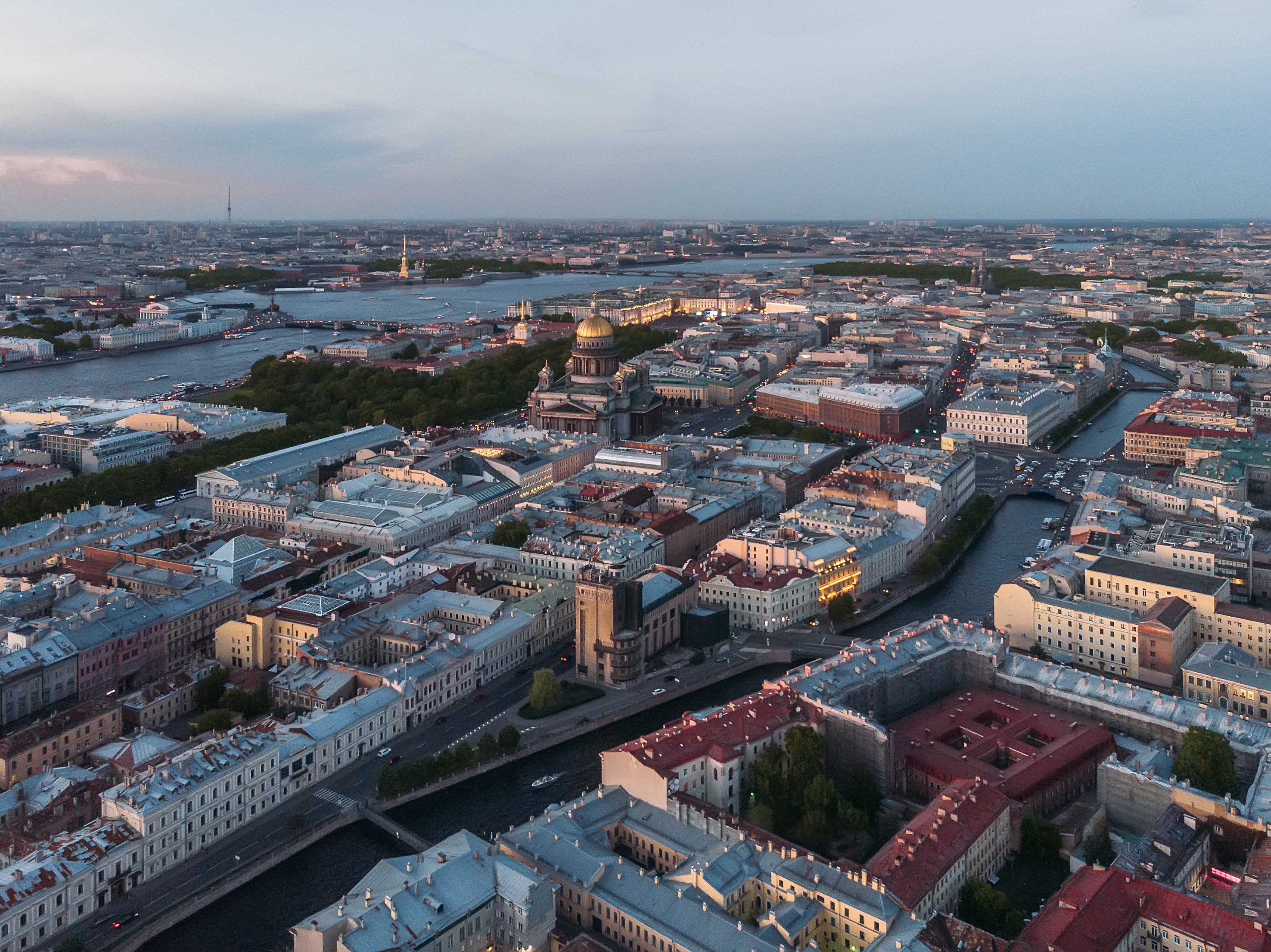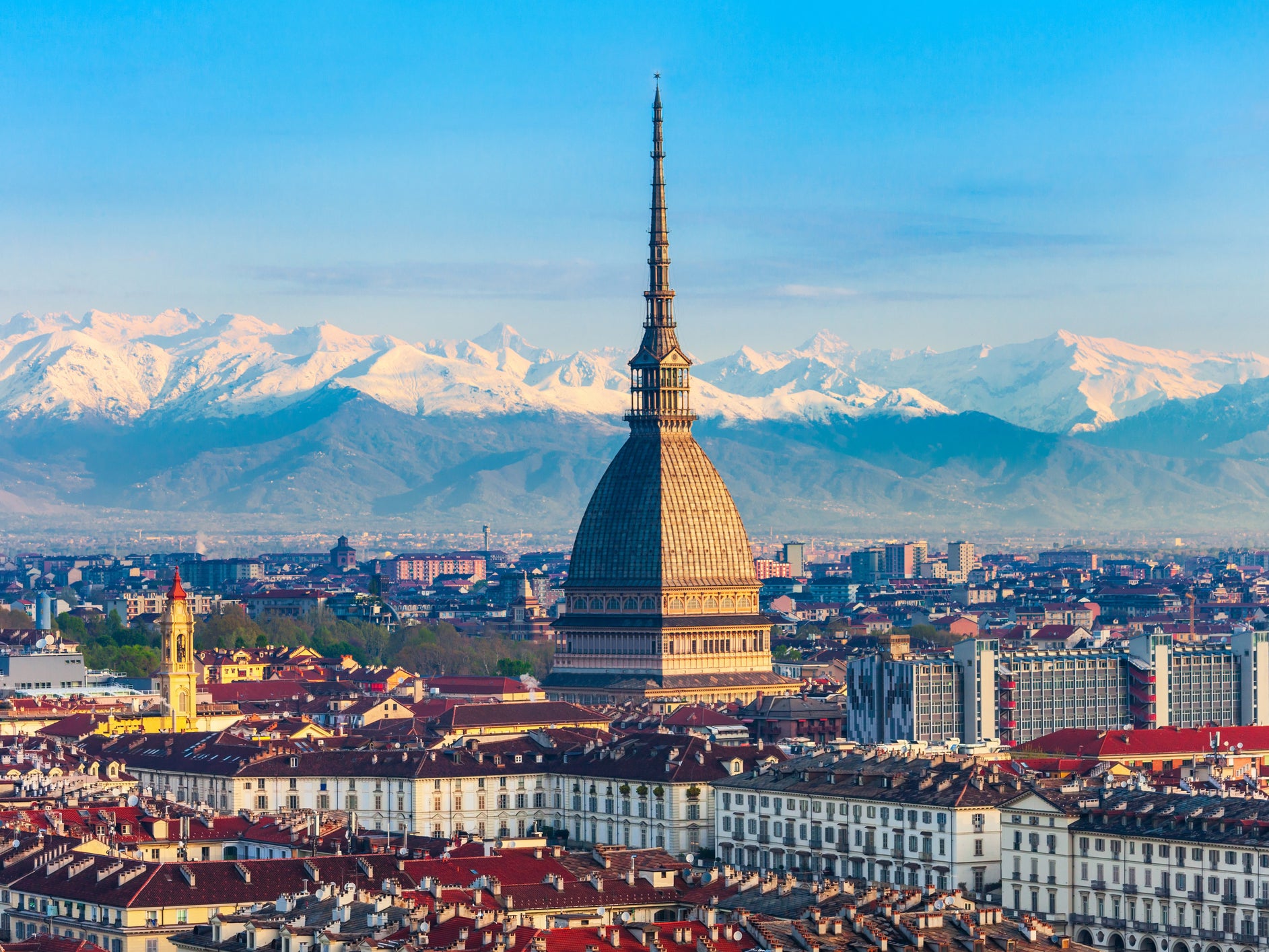Can I claim compensation now that my cruise won’t be docking in Russia?
Simon Calder answers your questions on Baltic cruises, finding a hotel for the World Cup in Doha, Schengen area passport rules, and fuel surcharges for flights


Q I have a Baltic cruise booked in July. The cruise line has changed the itinerary: taken out St Petersburg (quite rightly) and Helsinki, and added overnight stops at two existing ports: Copenhagen and Stockholm. There is an additional day at sea, which is the last thing I want. That seems to me to be a “significant change” – which, I understand, entitles me to a full cash refund. But the cruise line is offering only a voucher. What is the best way to proceed?
Name supplied
A Tens of thousands of passengers are in the same position as you. Following Russia’s brutal invasion of Ukraine, cruise-ship calls at St Petersburg have been cancelled. Traditionally the port has been the focal point of Baltic cruises, often with a two-night stop to enable travellers to make the most of the most beautiful of Russian cities.
From a practical point of view, the avoidance of St Petersburg is causing some mayhem, as cruise lines jostle to find alternative calls for passengers.
The cruise lines, though, do not regard such rearrangements – however large-scale – as “significant” under the terms of the Package Travel Regulations 2018. Therefore, they insist, you have no entitlement to your money back – and, in fact, they are doing you a favour by allowing you to have a voucher for a future cruise.
Legally, I am afraid the only way I can see for you to argue that you are entitled to a full refund is if, at the time of booking, you made clear – ideally in writing – that you were booking specifically because the cruise allowed time in St Petersburg. I imagine, though, that you could not at the time have foreseen the circumstances in which the call would not go ahead.
When peace returns, though, and Russia is once again a suitable place to travel, I hope you can use your voucher to achieve your desired trip to St Petersburg.

Q We have secured tickets for the 2022 World Cup final in Doha. I’m travelling with my father, who is a wheelchair user, but we are unable to secure a hotel at the minute. Do you have any advice?
Jack
A Yes: sign up for updates at qatar2022.qa, the website for Qatar’s Supreme Committee for Delivery & Legacy. At present, the official site for football’s World Cup 2022 offers a preview of available accommodation, but it is not actually taking bookings. As you will see on the sign-up form, the need of some fans for accessible accommodation is recognised and you can specify your father’s needs. I trust the organisers will note your requirements and contact you in a timely fashion.
Until you hear back, I suggest you wait patiently and relish the slowly approaching joy of being at the climax of one of the planet’s great sporting tournaments. While there may well be a squeeze on accommodation during the group stages of the World Cup, I cannot see any problem in finding a room at the time of the final.
The maths to support my confidence works like this. By the day of the final, 18 December, the vast majority of fans, as well as some media and officials, will already have left Qatar. The capacity of Lusail Iconic Stadium (north of Doha), where the final is taking place, is 80,000. Suppose every single fan needed a room of their own (they won’t, plenty of ticket holders for the final will be local people). Add a further 20,000 for officials, media and hangers-on (the actual number will be significantly less) and assume they all need a room each, too. That’s 100,000. Since Qatar promises “more than 100,000 rooms” by the time of the World Cup, there is sure to be one for you.
You should be able to choose between a standard hotel room, a camp in the desert, or a room aboard a cruise ship moored in Qatar for the event: MSC’s Poesia and World Europa will be tied up close to Doha. The one other consideration: when to arrive? I suggest no earlier than 11 December, the day after the quarter-finals are scheduled to end. But from that night onwards there should be little problem finding a room.

Q I was recently denied boarding by Ryanair at Birmingham airport, on my way to a ski holiday in Italy. My passport was issued on 18 November 2011 and expires on 18 August 2022. Ryanair told me it had expired in November. I was confident that my passport had not expired – especially as I had flown to Milan less than a month earlier and had no problems either boarding the flight or entering the country.
I subsequently travelled to London Heathrow by train and booked a flight to Turin later that day. I also had to get another “fit to fly” antigen test to enter Italy, as my previous certificate would expire before the new arrival time.
On arrival at Turin, almost 12 hours after my scheduled arrival, I had to pay for a private transfer. I was delighted to finally arrive at my destination, though I incurred extra costs of £360. How should I best word my claim for compensation?
Ruth W
A Without wishing to disappoint you, I suggest you simply thank your lucky stars that you appear to have been allowed to fly to the Schengen area (covering most European Union nations, including Italy) not once but twice – when the rules plainly say that you should not have been allowed on board the aircraft nor through passport control at Turin airport.
Since Brexit, and the added complications to passport validity that the UK chose to accept, I have received plenty of questions from people who have been wrongly denied boarding despite their passports meeting the two tests:
• Issued in the past 10 years
• Expires at least three months after the date of departure from the Schengen area
Yours meets the second test but not the first: it has not been valid for travel to the EU since 18 November 2021. I am staggered (and also delighted for your sake) that this was not picked up at the airport before departure, or on arrival, on your two successful trips to Italy. Ryanair has behaved quite correctly, so you have no claim against the airline. From my perspective, £360 looks a reasonable price for rescuing a ski holiday that legally you should not have been able to take.
While your passport is good for travel anywhere else in the world (subject to some minimum validity rules), if you plan any more European adventures I suggest you get a new one swiftly.

Q Are you able to say whether airlines are likely to impose surcharges on flights already paid for, in view of the rising oil prices?
Marlene K, via the latest Ask Me Anything at independent.co.uk/travel
A Russia’s invasion of Ukraine has taken a terrible human toll. Vladimir Putin’s aggression has triggered many other repercussions, increasing the price of many commodities – including oil. As I write, the price of a barrel of Brent crude – which parallels the cost of aviation fuel – is at $111 (£85), around 50 per cent higher than at the start of 2022.
Some airlines are partially protected by “hedging” arrangements – an agreement to buy a certain amount of fuel for their forward needs at a specific price. For example, easyJet is reported to have hedged at an attractive price, but only for 60 per cent of its needs, while Ryanair is better covered but at a higher rate.
Other companies have opted not to hedge because of the costs involved in this form of financial insurance. They are now finding the cost of providing their promised service is significantly higher than it was before. Add in the longer routeings that some airlines are having to fly to avoid Russian airspace, and the economics of travel have changed dramatically since the Kremlin decided to invade Ukraine.
But in modern times I am unaware of carriers asking for more cash from passengers who have paid in full. The only exception was in 2006, when Gordon Brown suddenly hiked air passenger duty at a few weeks’ notice, leaving airlines liable for unexpected tax bills. I do not expect the same to happen in 2022.
On Thursday, the Scottish airline Loganair imposed a £3.95 fuel surcharge, but made it clear that the fee applies only to new bookings – not to existing ticket holders.
Anyone redeeming frequent-flyer points for “free” flights in most parts of the world, though, is likely to have to pay more for the privilege. Airlines are keen on “carrier-imposed surcharges” to shore up their finances, and these are added to the government taxes applied to customers availing of loyalty schemes.
Email your questions to s@hols.tv or tweet @simoncalder






Join our commenting forum
Join thought-provoking conversations, follow other Independent readers and see their replies
9Comments